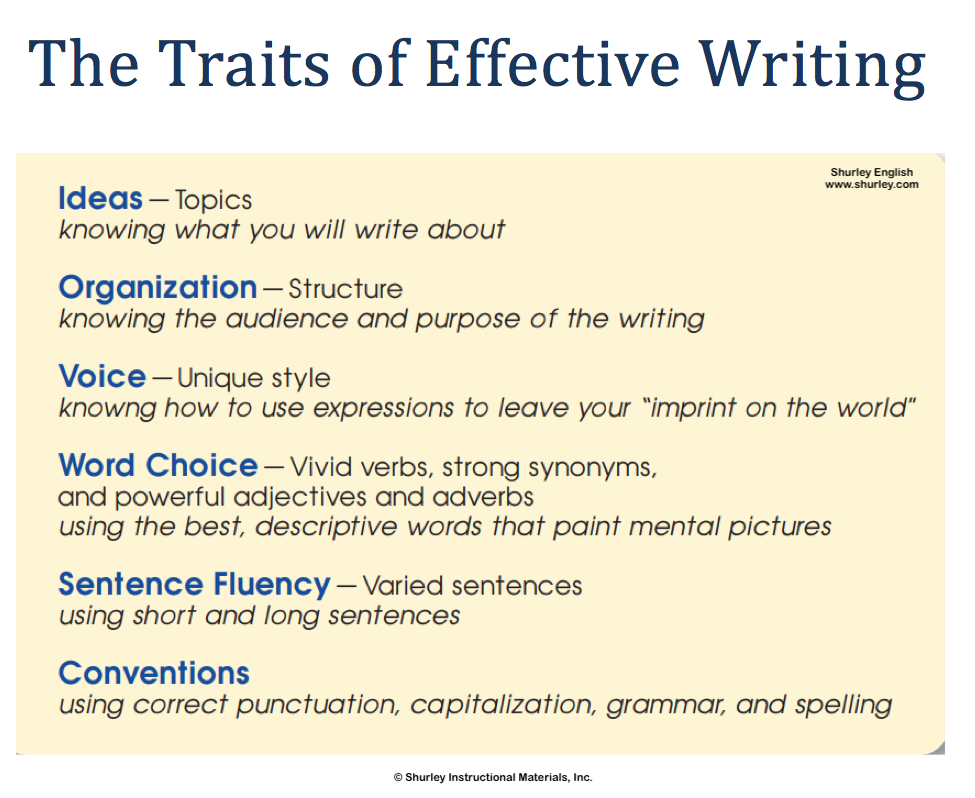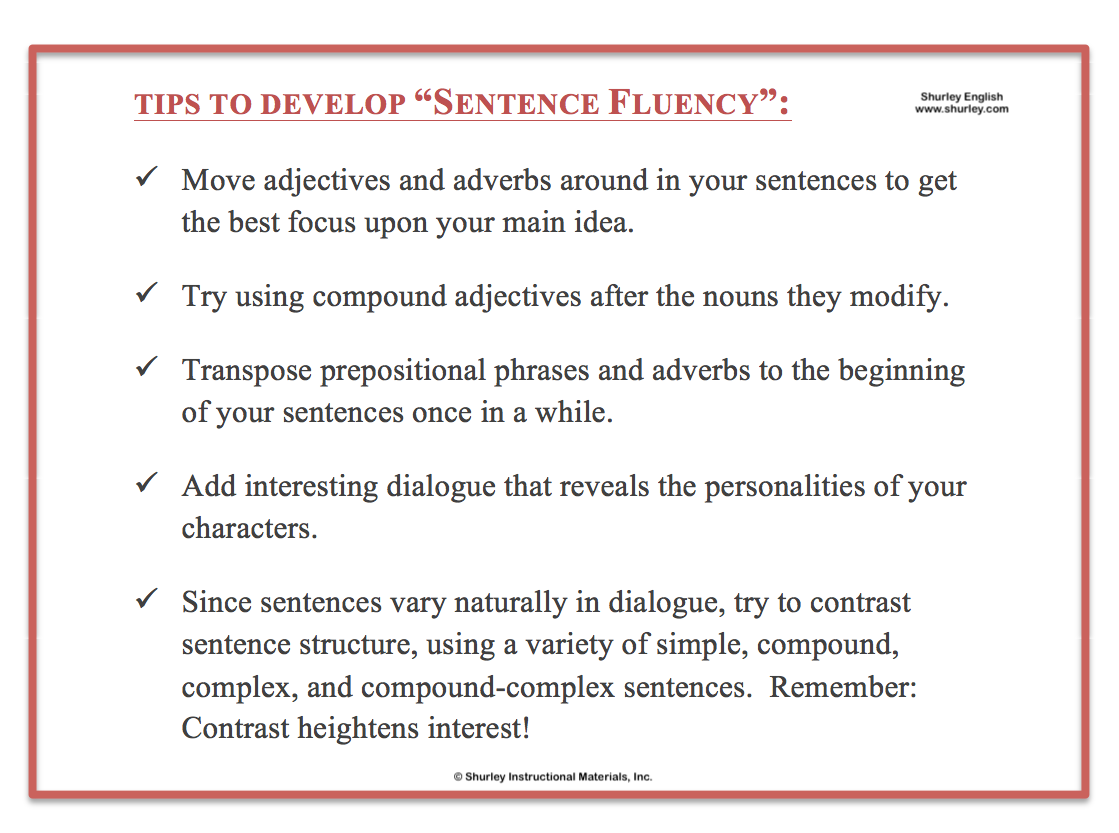To get started, guide your students through a Sentence Blueprint to construct a good focus sentence. After that, be sure to have them go through the revision process initially to make sure they have chosen the most effective words to express their thoughts. Then, try a Mover and Shaker strategy like the one in this example. Notice, we have done a little finagling with the verb. (In Shurley English, we teach students early and often about verb forms, so it will be a walk in the park for them to understand a verb form change from the past tense to the progressive tense. We also teach students how to manage affixes with expertise, so in the case of the verb tromped from our example, we drop the –ed past tense ending and replace it with the progressive tense –ing suffix.) Next, we take everything after the verb and, along with the new verb form tromping, we move it to the front of the sentence. Now, all that’s left is to come up with a new past tense verb to replace tromped from the original sentence. In this case, the verb bellowed serves up a great visual. Can’t you just picture it?
When your students have demonstrated their knowledge of basic revision skills and you want them to breathe new life into their sentences, why not try a Mover and Shaker strategy? It’s like word to word resuscitation! Until next time…





















































































































